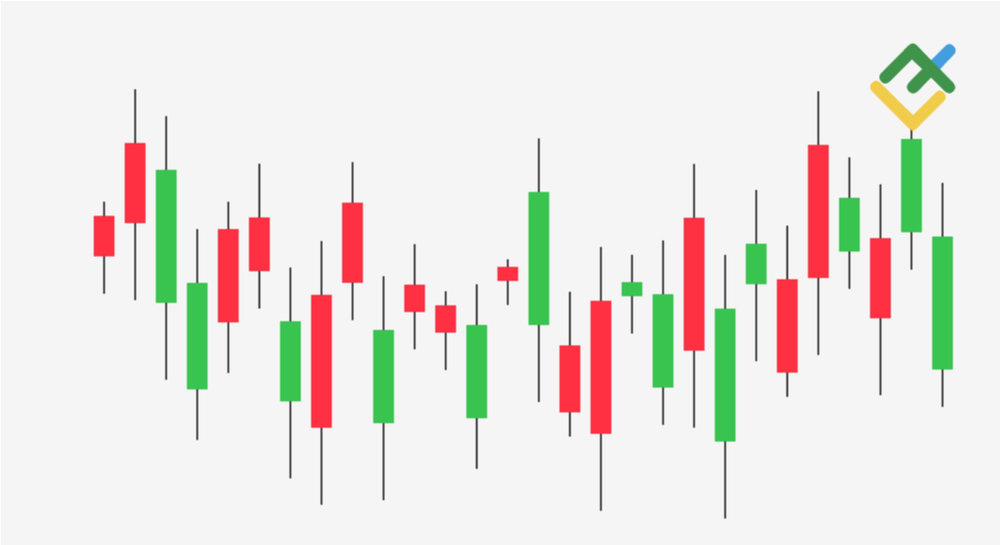
By Marc Jones
LONDON (Reuters) – Suggestions that the dollar’s dominance of the global financial system is ending are wide of the mark, JPMorgan said on Wednesday, despite some dramatic signs of change in commodity markets and certain trading blocs.
China’s rise and the use of economic sanctions on the likes of Russia mean there is a trend of diversification away from the dollar, JPMorgan said, but reasons for the U.S. currency’s dominance remain “well-entrenched and structural in nature”.
It pointed to the rising amounts of dollar-denominated bank deposits in emerging markets, sovereign wealth fund behaviour and non-reserve foreign assets, saying it “more than offset” the dollar’s secular decline in overall emerging market FX reserve holdings.
The dollar’s share in total world liabilities is still on the rise too thanks to record amounts of debt issuance and even talk of de-dollarization in China appeared “exaggerated” despite geopolitical rivalry.
“Meaningful erosion of dollar dominance is likely to take decades, and the decline in the dollar’s share of global trade and overall FX reserve holdings should not be confused with de-dollarization,” the investment bank’s report said.
Areas where significant changes are happening include commodities markets where oil trading is increasingly done in non-USD currencies and demand from central banks and emerging market consumers for gold has boomed.
The most “underappreciated risk to USD hegemony” was a possible fragmentation of the international payments system where the dollar has long been all powerful, the bank argued.
China and India are the global leaders in terms of e-commerce innovation and activity whereas the U.S. and Western Europe’s share is now less than 30%.
Washington’s use of tough financial sanctions means Russia, China and other countries are building alternatives to the SWIFT bank-to-bank system.
Dozens of central banks are piloting new digital versions of their national currencies that could also make avoiding the U.S. banking system easier.

“The genuine confidence of the private sector in the dollar as a store of value seems uncontested,” JPMorgan’s report said.
“However, we are witnessing greater diversification and important shifts in cross-border transactions as a result of sanctions against Russia, China’s efforts to bolster usage of the renminbi, and geoeconomic fragmentation.”
This post is originally published on INVESTING.




